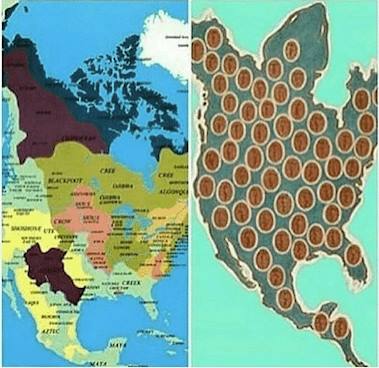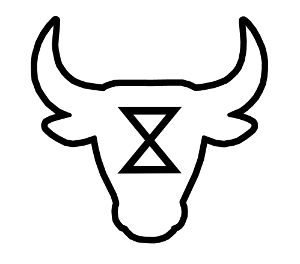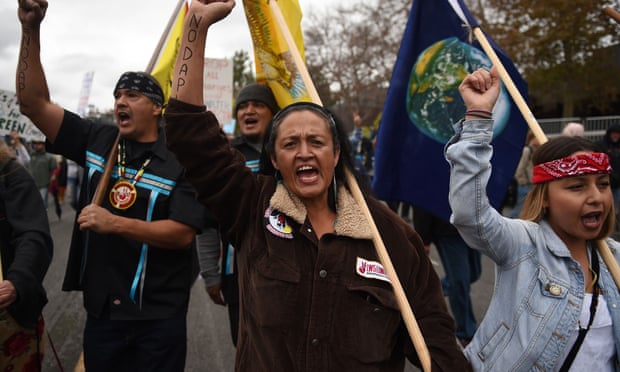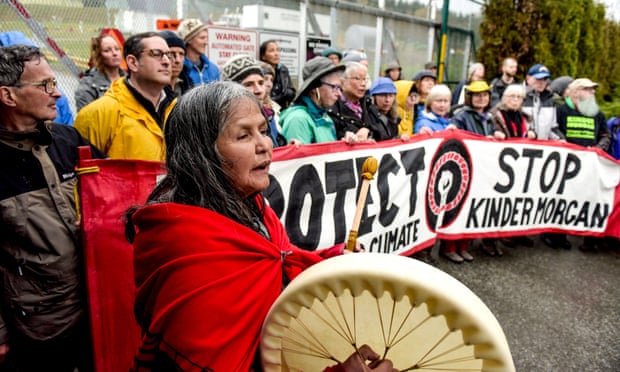The longest journey we will ever make as human beings is the journey from the mind to the heart
Indigenous knowledge keeper, Chief Darrell Bob quoting elder, Angaangaq Angakkorsuaq from Kalaalit Nunaat (Greenland)
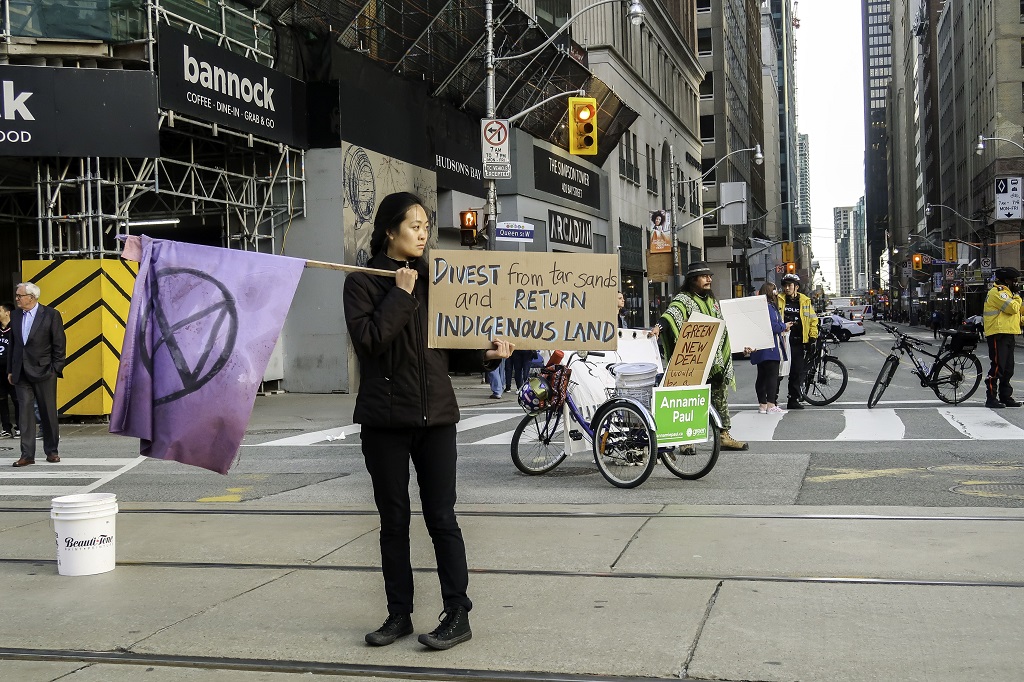
What is Turtle Island?
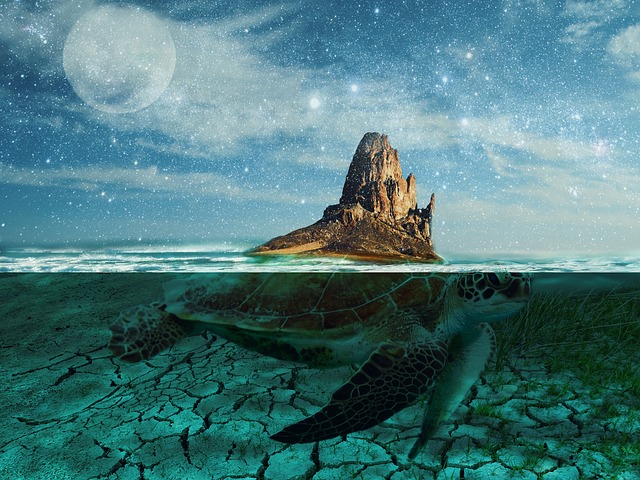
“Turtle Island” is the name for what is commonly known as “North America” in the traditional beliefs of many First Nations people. It is considered the cradle of the various First Nations, the predecessors of the European settlers who then colonized the United States and Canada. The general public is becoming increasingly aware of the ongoing impact of the colonization of Indigenous Peoples, First Nations, Métis and Inuit, and of the need to address the social disparities and injustices that resulted from colonial programs aimed at integrating Indigenous Peoples into the societies of European settlers.
It is typical to refer to our respective nations and peoples as being “in” Canada or “in” the United States and therefore as being deemed subject to the jurisdictions of those two political constructs called “states” in international law. What we seldom express, however, is the more profound point that those two Western European political constructs are on and in Turtle Island, as North America is traditionally known to the Original Nations of Turtle Island. For far too long we have been conditioned to seemingly accept the idea that Indian nations are subject to the political and legal jurisdiction of the United States and Canada. We have not spent much time at all developing the viewpoint that originally free Indian nations are still rightfully free and that those two political constructs of European origin are in and on Turtle Island. To even express such an idea seems mad because of the ingrained conditioning we have received from a very young age that we as Indigenous nations and peoples are unquestioningly subject to the dictates of dominating societies.
Why it is important to use the term Turtle Island for Animal Rebellion
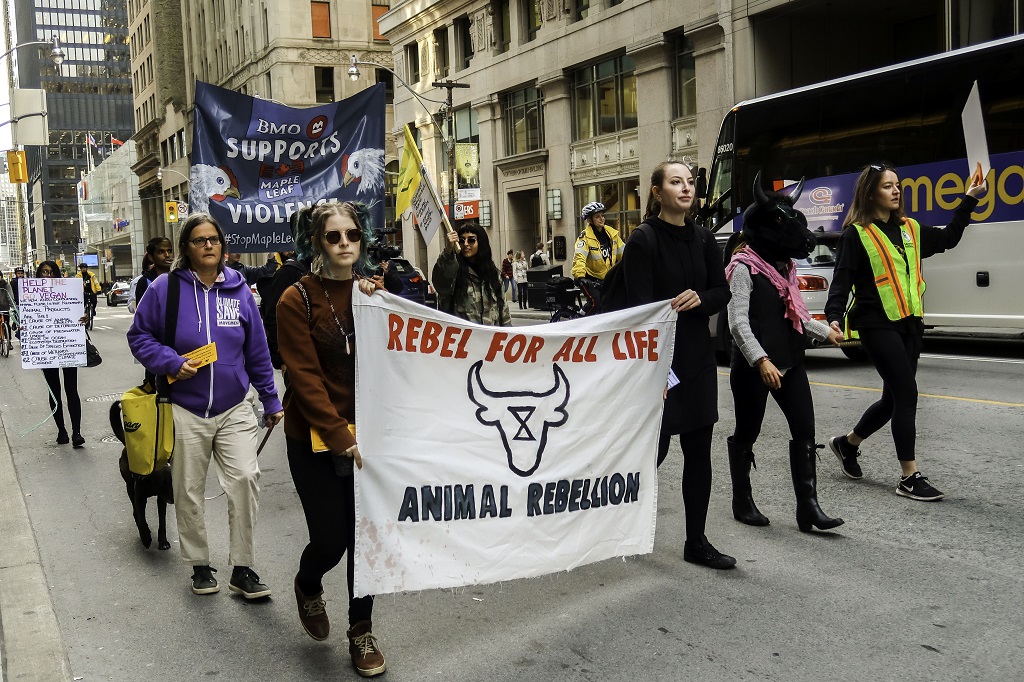
Animal Rebellion is the union of those fighting climate change and species extinction and those fighting for the recognition of animal interests (anti-speciesism). Animal Rebellion promotes peaceful actions of civil disobedience and a regenerative and holacratic culture of care among ourselves and with other organizations.
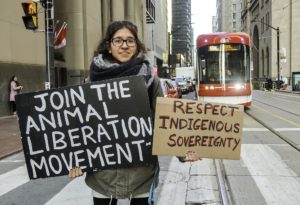
The recent struggles around Standing Rock and Kinder Morgan have shown us that the fight for climate justice is often led by indigenous people.
In their words and actions, they are advancing a powerful vision for indigenous governance and stewardship of the planet’s lands, waters and resources as a viable alternative to the truncated vision and broken systems that threaten our collective future. With decades and even centuries of struggle as their anchor and Standing Rock as their lodestar, they are pointing the way forward.
To say that Indigenous peoples have become the heroes in this fight isn’t high-minded romanticism. It’s hard-bitten reality. Those First Nations who’ve signed deals with Kinder Morgan struggle with crushing poverty – they are stuck between a pipeline and a hard place. And as Indigenous rights have become more formidable, the financials buy-offs – as much as $1bn per fossil fuel project – have only grown larger. This suggests one thing about the resistance of other First Nations: that it is even more remarkable.
In conclusion, in our struggle for animal justice, climate justice, social justice, an end to oppression and the eradication of all unnecessary suffering within the territory claimed by the Canadian state, we wish to stand in solidarity with First Nations and recognize the history of the land on which we are fighting. Use of the term “Turtle Island” is a symbolic way of demonstrating this solidarity.
Note: we are only using the term “Turtle Island” for our Facebook page for North America. Individual local groups may use their local names as they please since Animal Rebellion is a decentralized movement.
References:
‘Canada’ and the ‘United States’ Are in Turtle Island
In the fight for climate justice, indigenous people set the path – and lead the way
Who’s defending Canada’s national interest? First Nations facing down a pipeline
United Nations Declaration on the Rights of Indigenous Peoples
